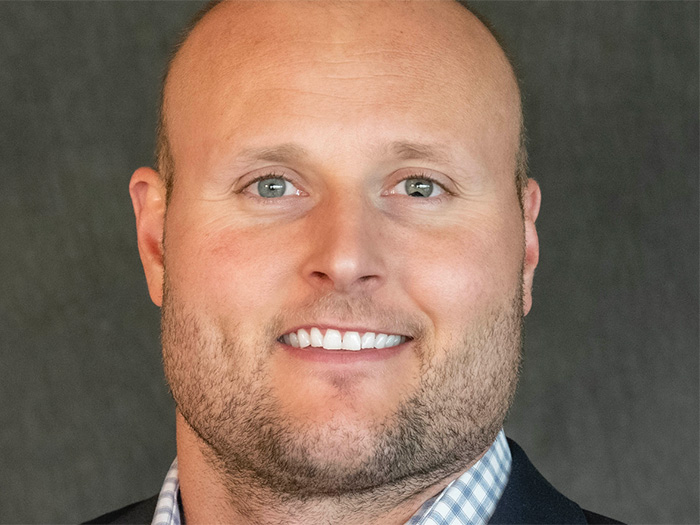Vaccination Polarization: Employees Want Mandates, But Employers Must Consider Workers’ Comp and EPLI Risks

The choice over whether or not to get vaccinated has been in the spotlight since the first COVID-19 vaccines were distributed in the U.S. in December of 2020.
Many people, excited about a potential return to pre-pandemic life, eagerly refreshed their online sign-up systems or stood in lines for hours with the hope of getting an appointment.
But others were more wary. Per U.S. Census Bureau data, 49.6% of people who remained unvaccinated almost a year after the rollouts said potential side effects caused them vaccine hesitancy and 42.4% said they “don’t trust COVID-19 vaccines.”
Politics are part of the picture as well, with 35.4% of Census Bureau survey respondents saying their mistrust of the government played a role in their vaccine hesitancy. (Those polled were allowed to select multiple reasons for why they remained unvaccinated).
With COVID-19 vaccines being such a polarizing issue, many employers may be wondering whether or not inoculation mandates make sense for their workforce. Is it something their workers would appreciate? Or would it open the enterprise up to unnecessary employment practices liabilities?
An April survey from the resume and career coaching site, My Perfect Resume, examines employee attitudes toward vaccination policies in the workplace. Here are some takeaways.
The Survey at a Glance
- First, a bit about the demographics of the survey. My Perfect Resume reports that 83% of the more than 900 respondents said they received the COVID-19 vaccine and 90% said it was their personal choice to get vaccinated.
- Though many said vaccination was a personal choice, 82% of survey-takers reported that their employers encouraged them to get vaccinated and 72% said their companies had a mandatory vaccination policy.
- Seventy-eight percent of respondents believe that COVID-19 vaccines should be mandatory. Only one out of every five respondents opposed mandates.
- Vaccinated respondents took their support of mandates a step further, with 61% saying they would refuse to work with an unvaccinated colleague if they could.
The Workers’ Comp and EPLI Risks to Watch For
The results of the survey are overwhelmingly clear: Workers want their employers to take action to protect them from COVID-19 infection, including through mandatory vaccination.
It’s a move with many benefits for businesses. A vaccinated workforce is safer from the virus since it prevents serious illness and death, thereby reducing workers’ comp exposures, particularly in states with COVID-19 presumptions.
Mandatory vaccination policies may also help employers attract workers during the talent wars spurred by the Great Resignation: 74% of respondents preferred to work for an employer with vaccine requirements in place, per the My Perfect Resume survey.
Employers are well within their rights to mandate vaccination. The Supreme Court may have blocked an emergency temporary standard from OSHA that would have required vaccine mandates and testing requirements for employers with 100 or more workers, but it has upheld the right of individual, private employers to require inoculation.
Still, there are limits to employee support when it comes to vaccine mandates. The majority of respondents (43%) said that employers should only require the first two doses of a COVID-19 vaccine. Only 16% supported mandating a third, or booster, dose and only 13% supported requiring boosters indefinitely.
And employers may still run afoul of employment practices liabilities with these policies. Sixty-eight percent of survey respondents said that vaccinated people were treated better by their companies and 44% of the unvaccinated said that they had experienced discrimination at work as a result of their inoculation status.
Any mandates will need to carve out medical and religious exemptions in order to reduce their liability exposures regarding claims of discrimination. &










